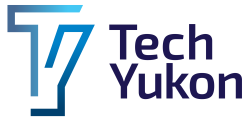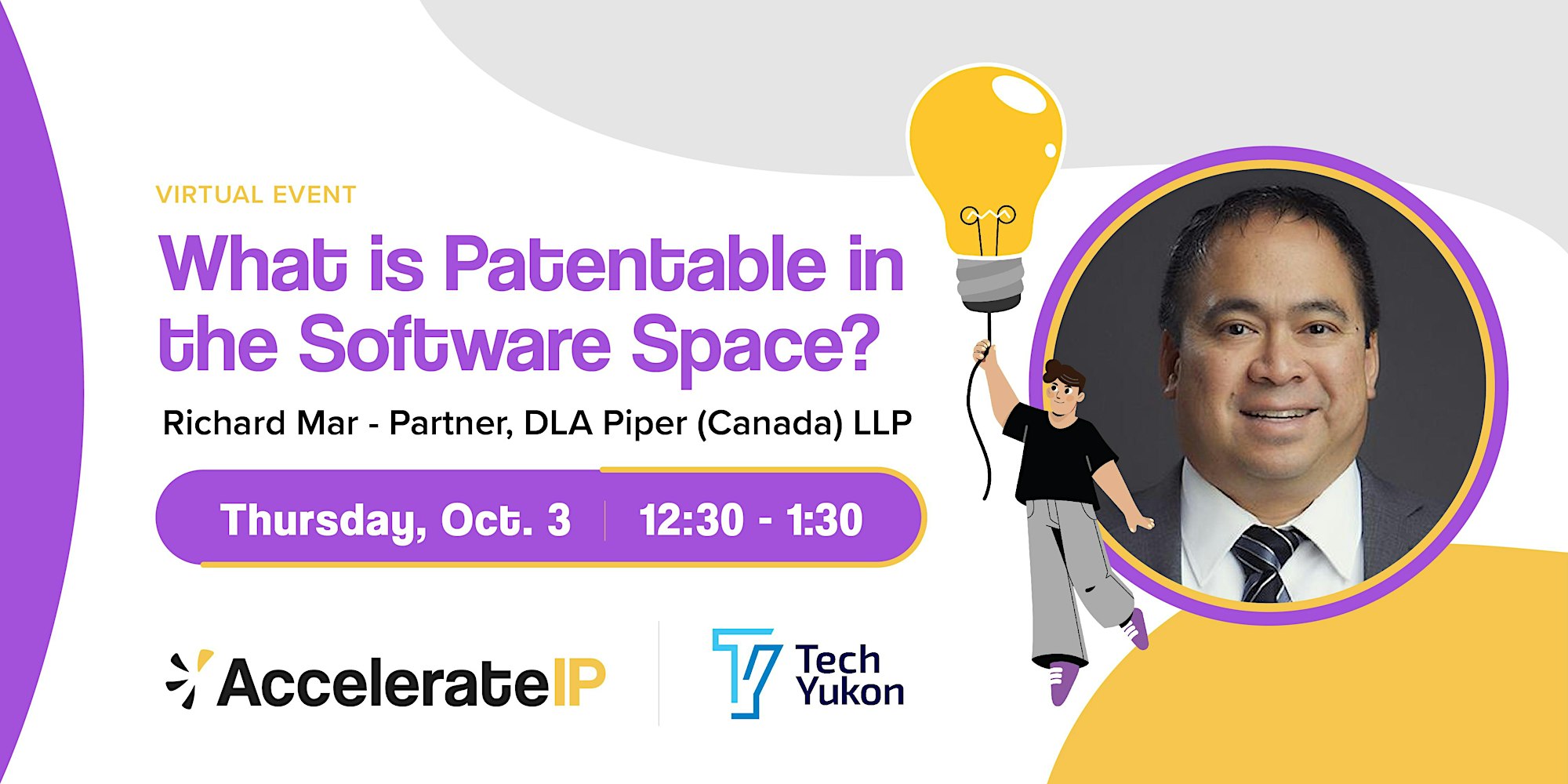On October 4th, we hosted Richard Mar from DLA Piper for a webinar titled: “What is patentable in the software space?”. Here are some key takeaways:
Misconceptions
- Patenting isn’t only about protection. But also:
- To create revenue opportunities through licensing
- To better justify valuation if you’re raising investment or acquisition is your exit strategy.
- Code can be patented – no it can’t. Code is copyright.
Software-specific considerations:
- Patents are especially important for SaaS companies as they lack hard assets. Patents help justify valuation.
- With how quickly technology is changing, what you invent is likely to be obsolete 20 years from now (lifespan of a patent).
- Trade secrets are an option, but need to be properly safeguarded.
- Benefit of patent is more for defensive (justify freedom-to-operate, create opportunities for licensing) rather than offensive (to pursue litigation).
- Even if your business pivots and you no longer use the patented offering, it still carries value – could be sold to another business with an interest in pursuing that technology, or licensed.
- Since code (and most algorithms – similar to theorems are considered abstract ideas) isn’t patentable, a patent application should instead be focused on the functional improvement that the code or algorithm implicates.
- e.g. How it controls a system from sensor data.
- Even if functionality isn’t directly tied to Ahardware, improvements enabled by new algorithms that make something more efficient/accurate/faster may also be patentable as they impact hardware resources – e.g. requires less energy/computing power to generate the same outcome.
What should we be aware of if we are using open sourced libraries or external APIs in our systems?
- Understand the terms and conditions or licensing conditions.
- Some APIs may prohibit commercial use.
- You might not be able to patent open sourced portions but can for improvements you make to it.

